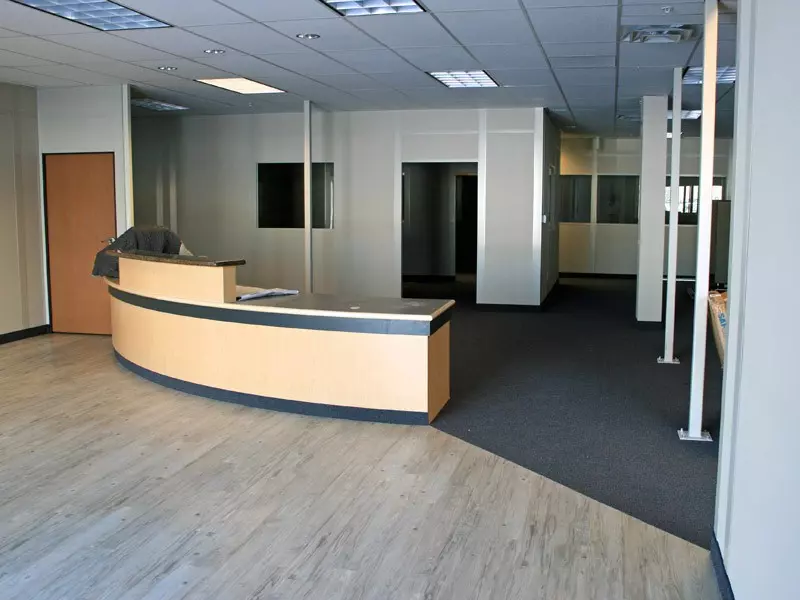


Prefabricated construction is a building method that has been around for centuries. Today’s prefabricated construction projects are made-to-order, ensuring a high-quality finished product that meets all code-compliance requirements at an attractive investment level and on a short timeline. Let’s take a closer look at what prefabricated construction is today, and what advantages it can offer builders and contractors.
Prefabricated construction is any construction method where building components are manufactured off-site in a facility or controlled environment, and then transported, assembled, and installed on-site. Prefabricated construction methods are used across the construction industry, from building modular offices to high-rise buildings to residential homes, and have become popular especially today, when builders must contend with a range of challenges from tariffs on materials to the high cost of skilled labor.
Prefabricated construction is a resilient building method that can assure a high-quality product, code compliance, and simple and quick installation. Let’s look at a few of the key advantages that prefabricated construction can offer to any project:
Unlike traditional construction, where materials are assembled on-site, often outdoors and in a variety of weather conditions, prefabricated construction relies on the assembly and manufacture of building components in dedicated facilities with strict quality control requirements. Every component for any prefabricated construction project is made to the builder’s exact specifications and is manufactured in a facility that has the experience and the procedures in place to deliver high-quality components every time.
As mentioned above, today’s contractors and builders are constantly faced with concerns regarding increasing tariffs and the scarcity and cost of skilled labor. Prefabricated construction helps to minimize the need for both. Purchasing prefabricated materials helps contractors avoid tariffs, and because prefabricated components like modular walls can be delivered pre-wired and ready for direct installation, contractors only have to hire plumbers, electricians, and HVAC experts to complete the final connection, rather than building the entire project from the ground up.
Beyond these two key points of cost savings, prefabricated construction’s controlled assembly process also contributes to fewer construction errors and greater project efficiency — all of which delivers improved value to the builder, contractor, and end-user.
Prefabricated construction is 75% faster than traditional construction. Because components are manufactured off-site in facilities that operate around the clock, construction professionals are able to get the materials they need on a much faster timeline than would be possible with traditional construction. And because those materials are shipped to the site pre-assembled and ready for installation, the final construction process is fast and requires the help of a much smaller team of unskilled laborers. All of these advantages add up to a high-quality project, completed in less time.
The final key advantage of prefabricated construction is its ability to reduce the waste associated with both building and the transportation of materials. Extra materials that would be thrown away on a traditional jobsite are easily repurposed and reused in prefabrication facilities. And, because modular and prefabricated building components are shipped directly to the jobsite in one or few shipments, prefabricated construction helps to significantly reduce the emissions associated with the transportation of construction materials.
Prefabricated construction offers a range of attractive advantages for any modern builder or contractor. Given the challenges of today’s construction industry, prefabricated building methods can provide the high-quality, code-compliant end product that builders need to deliver, on shorter timelines and at a lower cost. If you’re interested to learn more about how prefabricated and modular construction can improve your building process, the Starrco team would love to connect. Give us a call today at 800-325-4259 or contact us online for more information.